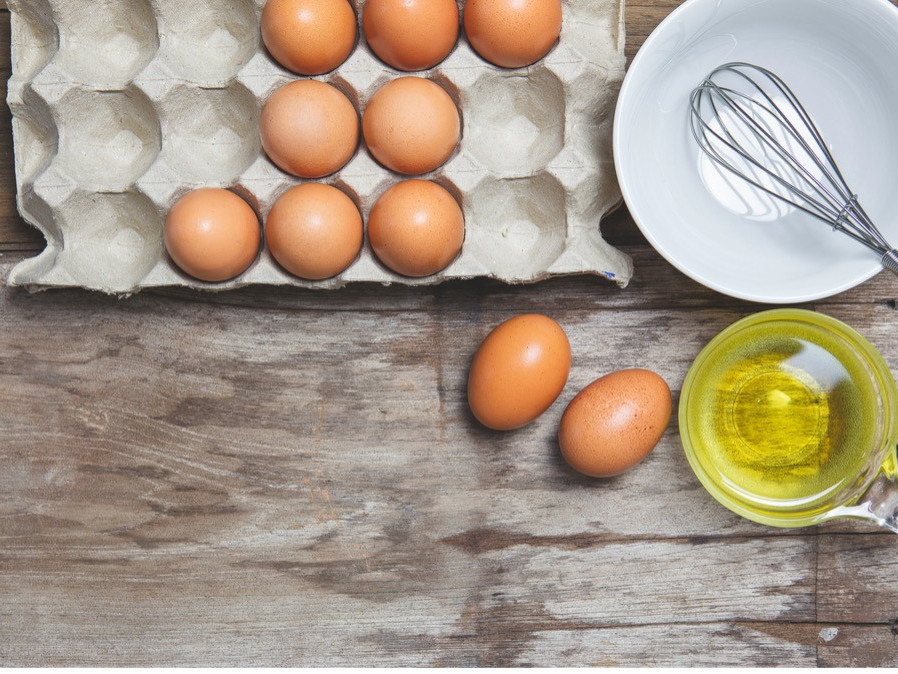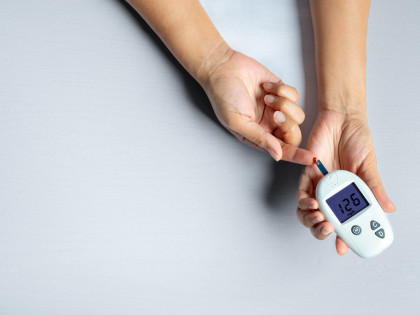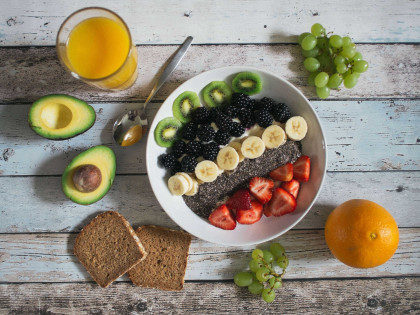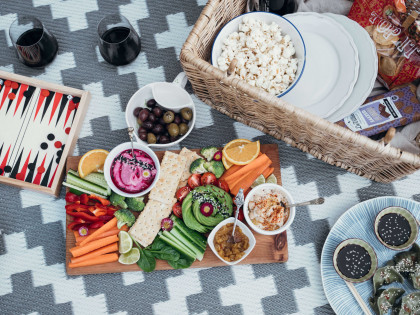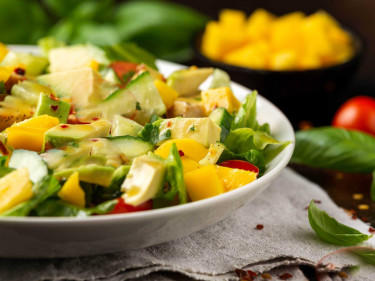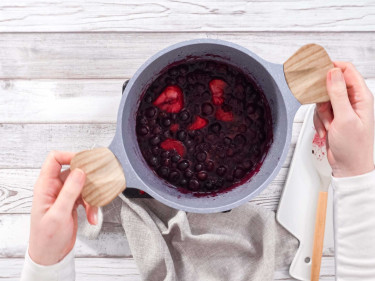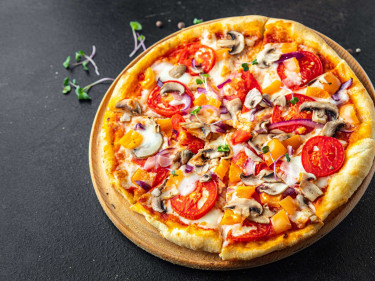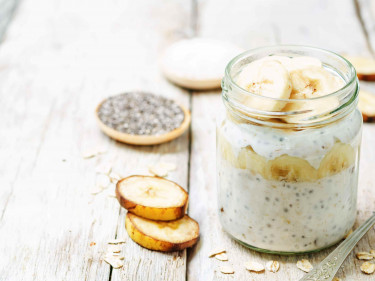Have you noticed a lack of eggs? A recent outbreak of Avian Influenza, otherwise known as Bird Flu, has impacted egg supplies across Australia, limiting the availability of eggs to supermarkets.
Eggs are incredibly versatile, they help cakes rise, create a light texture in mousse and meringue, bind meat patties together, and act as an emulsifier stabilising mixtures of fats and water. While there is no magic ingredient that can do all of the above, the good news is that many substitutes can take on the properties of eggs in different recipes.
The bad news is, if you're someone who loves just eggs for breakfast, it is probably time to try something new! Visit our range of egg-free breakfast options here.
With no end in sight for egg shortages, and higher prices, we've put together a list of egg alternatives that will keep you in the kitchen, baking all your favorites!
1. Aquafaba
Aquafaba is the liquid in a can of chickpeas. An unlikely substitute, but this liquid is the most versatile alternative. It can actually be whipped into a foam, as an alternate to egg whites, or used in place of a whole egg for baked goods, and emulsifier in things like mayonnaise.
Generally, 2-3 tablespoons of aquafaba is recommended to replace one egg. Aquafaba can have a strong ‘legume’ taste – so it is best used with other strong ingredients or herbs and spices to mask the flavour. Need some inspiration for what to do with your chickpeas? Find our favorite recipes here.
2. Mashed Fruit
Mashed fruit is the perfect alternative for your sweet baked goods! Acting as a binding agent, mashed fruits like banana, apple, pears, avocado and even sweet potato help mixtures stick together, and hold shape once baked. Generally, ¼ cup of mashed fruit can be used per egg.
Try our sweet potato, or avocado brownies or try substituting the egg in our pancake recipe.
3. Chia & Flax Seeds
Both chia and flax seeds absorb water and form a gel. This makes them an ideal egg substitute! As an added bonus, chia and flax seeds are rich in alpha-linoleic acid, a plant-based source of omega-3 fat which is important for brain health. Generally, 1 tablespoon of chia or flax, with 3 tablespoons of water will form the right consistency.
With a variety of egg substitutes available, it’s time to embrace the opportunity to try new ingredients and keep baking, no matter the egg shortage!



